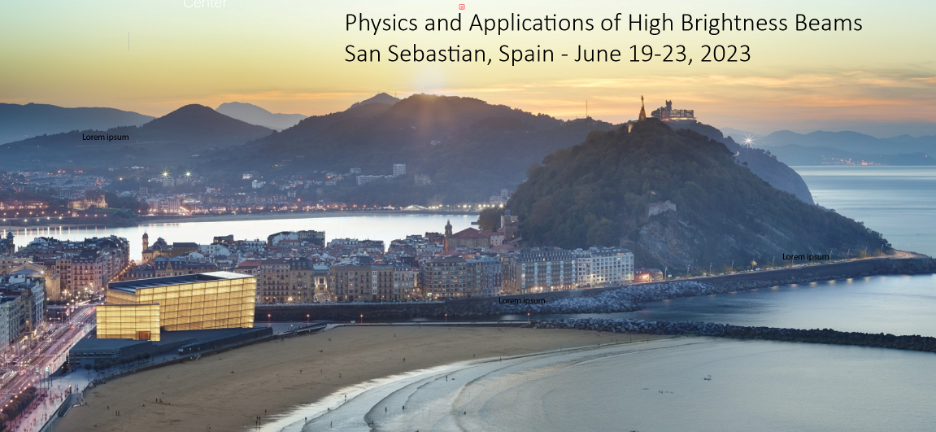Speaker
Description
New high-gradient accelerating RF cavities are nowadays developed in several national laboratories for high-energy physics applications. Ultra high gradients, up to the order of GV/m, can be achieved by using ultra compact accelerating structures up to the sub THz regime. Nevertheless, the experimental setup for measuring the main RF parameters for such compact structures is not trivial and can easily produce errors due to lack of accuracy. Moreover, Radio-Frequency (RF) simulations for these types of cavities can require a large amount of computational time. In particular, one of the main RF parameters that needs to be evaluated and measured for the accelerating structures is the reflection coefficient. In order to obtain a fast and accurate analytical estimation, we have developed the electromagnetic theory for the calculation of the coupling of a resonant cavity with an RF waveguide. This theory is based on the Bethe’s small aperture polarization approach, also developed by Collin’s. In this paper, we give an exact analytical expression of the reflection coefficient as function of the physics parameters of the cavity-waveguide system, which can be applied to any geometry, material and frequency.

